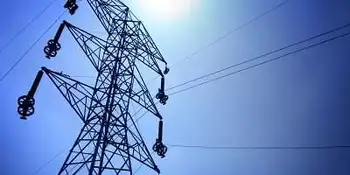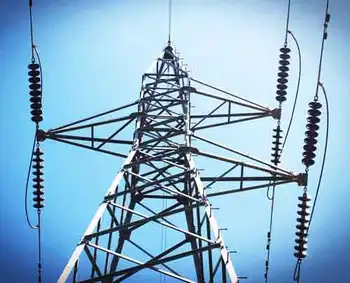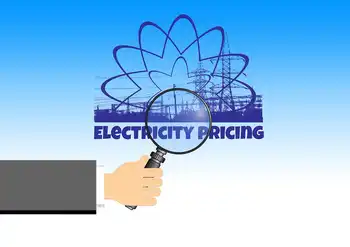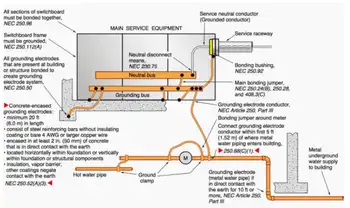EVs finally shift into drive
At the recent Tokyo Motor Show, Honda said it might make and sell all-electric cars in the U.S., Europe and Japan, and it showed off an electric concept vehicle called EV-N. This marks a shift for Honda, which for years put most of its alternative-energy efforts in developing hydrogen-powered vehicles.
Mitsubishi Motors started leasing its first all-electric vehicle, the iMiEV, in July in Japan. The UK police force reportedly already has inquired about buying some of the cars. The company expects to sell 1,400 of the cars this fiscal year ending in March.
Nissan plans to sell its all-electric midsize sedan, Leaf, next year in the U.S.
At a conference focused on plug-in electric vehicles in Detroit in late October, a group of utilities pledged to develop a charging system and grid that would give users an incentive to recharge at night. Ford Motor (F) Executive Chairman Bill Ford Jr., at the conference, called the announcement important.
GM plans to start selling its first all-electric vehicle, Chevrolet Volt, late next year. GM sells gas-electric hybrids, but seems to have higher hopes for the Volt. In the first nine months of the year, GM sold just 12,556 hybrids in the U.S., far behind Toyota, Honda and Ford.
"It's like saying, 'we can't compete with Honda and Toyota because they're so far ahead in hybrids, so we're going to skip a generation and go to the next technology,'" said Jeffrey Liker, an engineering professor at the University of Michigan and the author of "The Toyota Way."
Nissan could say much the same thing. It developed its own lithium-ion battery for the Leaf electric car. Nissan's CEO, Carlos Ghosn, hopes Leaf will take off with consumers who want zero-emission vehicles. Unlike hybrids, all-electric cars can achieve zero emissions.
But at the Frankfurt Motor Show in September, Toyota executives said electric cars are still too expensive for mainstream use, partly because of the high cost of lithium-ion batteries. For now, lithium-ion is the only type of battery that can store enough energy to power all-electric cars.
Nissan's Ghosn misjudged the market by stopping investment, until recently, in hybrid technologies, says Noriyuki Matsushima, an analyst with Nikko Citi. Nissan licenses Toyota's hybrid system to make the Nissan Altima hybrid. But Nissan sold only 7,713 hybrids in the first nine months of this year in the U.S.
Matsushima says Nissan is about a decade behind Toyota in hybrids. It continues to work on hybrids, even as it moves to all-electric.
Both Matsushima and Liker say efforts by rivals to leapfrog Toyota into the all-electric vehicle market won't work well because they haven't first mastered hybrid technologies.
They say that knowledge is a necessary stepping-stone to all-electric vehicles.
Matsushima says learning and improving from the bugs and problems of mass-produced vehicles would take time, and manufacturers cannot skip this learning process.
That goes for electric vehicles too, he says.
"When a company rolls out an all-electric vehicle, for the first one or two years the makers will definitely lose money," Matsushima said.
When the first Prius rolled out in 1997 — the first hybrid on the market — early adopters were willing to put up with the problems and bugs, Liker said.
A lot of feedback from early adopters helped Toyota. "That's exactly what Toyota wanted," he said.
That, he says, helped Toyota improve.
It's uncertain, analysts say, just how many problems the early adopters of all-electric vehicles will put up with during the cash-crunched economic downturn.
Matsushima says European carmakers are about a decade behind Toyota in hybrid technology.
Said Liker, "Toyota is going to leverage all the investment learned from hybrid and jump right into the next (all-electric) technology."
Related News

Duke Energy Florida to build its largest battery storage projects yet
ST. PETERSBURG - Duke Energy Florida (DEF) has announced three battery storage projects, totaling 22 megawatts, that will improve overall reliability and support critical services during power outages.
Duke Energy, the nation's largest electric utility, unveils its new logo. (PRNewsFoto/Duke Energy) (PRNewsfoto/Duke Energy)
Collectively, the storage facilities will enhance grid operations, increase efficiencies and improve overall reliability for surrounding communities.
They will also provide important backup generation during power outages, a service that is becoming increasingly important with the number and intensity of storms that have recently impacted the state.
As the grid manager and operator, DEF can maximize the versatility of battery technology…




